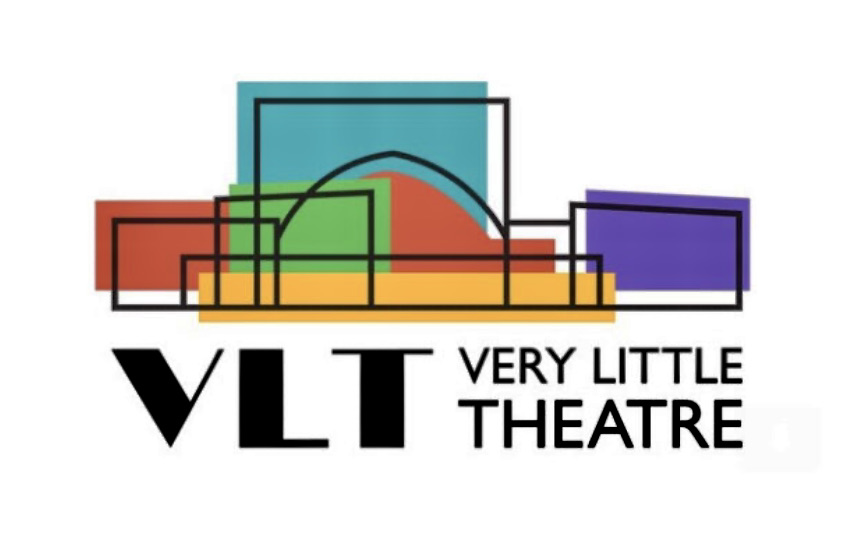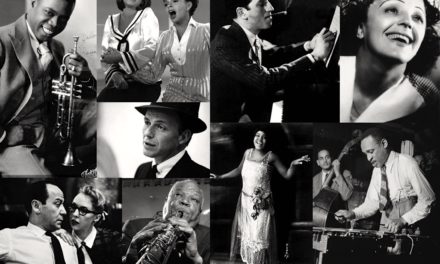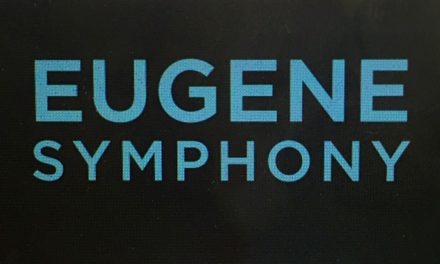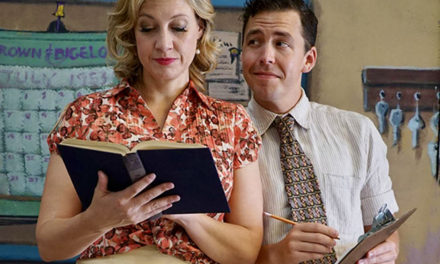By Kelly Oristano
“I went to a heavy metal concert. The singer yelled out, ‘How many of you people feel like human beings tonight?’ And then he said, ‘How many of you feel like animals?’ Everyone cheered after the animals part, but I cheered after the human beings part because I did not know there was a second part to the question.” — Mitch Hedberg (stand-up comedian, 1968-2005)
Cat Lady, onstage through April 23 in The Very Little Theater’s Stage Left performance space, is one of the last local shows to be produced with production roots in the pre-pandemic era.
Written in 2017 by local playwright and theater-maker Jen Ferro, it was submitted the next year by director Kali Kardas and scheduled for the stage in April 2020, which of course was not to be.
But Ferro’s pre-pandemic work and Kardas’ years of production effort speak prophetically to the current moment. Though Cat Lady is at its core a ‘comedy of furries,’ the themes and dramatic elements that tie the comedy together and give it weight explore ideas about good-faith citizenship and the existential question of “What do we owe each other?”, issues put in stark relief by the years between 2018 and now.
We all know someone like Kathleen, the eponymous Cat Lady; many of us have been her. She works from home for a service called Medical Bill Rescue, helping clients deal with aggressive medical billing: the runarounds, the harassment, and the cold accounting of it all. These clients are unable to pay, unable to work, unable to get out from under the uniquely American sickness that is punitive medical debt.
We follow threads of some of these clients, seeing only Kathleen’s dealings with them and with their creditors over the phone. Kathleen is fortunate to work at home, because when she’s not dealing with clients drowning in medical debt, she herself is drowning in rescue cats, hosting six or seven in her smallish place. Cats who are always catting around the house: biting, playing, forming alliances, singing. Cats who are played by human actors.
I’ve noticed over the past several years that plays and films with a realistic contemporary American woman as their central character tend to be anti-plot. I’m thinking here of Tiny Beautiful Things; Land; You Can Count on Me, etc.
During Cat Lady, I started to understand why. It’s because the chief characteristic of the contemporary, realistic American woman is that she can’t be involved in a singular plot because too much crap is constantly crowding out her bandwidth to engage with anything so focused or linear.
You’re not a realistic contemporary American woman unless nine different catastrophes are always in various states of disarray and they’re all somehow your fault; or if not your fault, still somehow your responsibility. Cat Lady extends this tradition, and it is better seen as a slice-of-life with human cats than as a classical plot with a climax and resolution.
Which is not to say it lacks drama. While Kathleen is a human for the whole show, the other actors who are primarily cats will inhabit humans by turns to give us a good feel for Kathleen’s cacophonous circumstance. Her sister/landlord throws a wrench in her situation; an ex- won’t just be an ex-; clients and hospital billing departments assume they have 24-hour access to her on the phone; and the cats have dramas of their own that bleed, sometimes literally, into Kathleen’s hectic life.
If the mention of crushing medical debt didn’t cue you in, Cat Lady functions at a second level as a harsh critique of our 21st-century social contract, or more accurately, at the perceived lack of it.
When Kathleen says to a billing functionary, “I want to escalate this,” we know right away she’s using that word in its formal, systematic usage rather than the casual one. She is using the magic word to speak to someone’s manager.
But what she really wants is to speak to everyone’s manager. The whole system is out of order and it’s spinning all of us around so much we can’t get a bearing or a single quiet moment to pull out of the spin.
And this all written before the pandemic laid these faults bare. Another magic word Kathleen uses with clients is “insolvent.” If you can show them you’re insolvent, there’s nothing they can take from you. But this magic word is not transactional or systematic, it’s human, and desperately sad.
Kardas’ staging prioritizes an organic back-and-forth between the chaotic everyday of Kathleen’s life and set pieces where a critical mass of cats blot out the human misery with keenly observed comedy.
The “cat work,” encompassing a studied but fun physical, visual, and vocal commitment was delightful to see across the cast of cats. Eve James, David Landon, Josh Desatoff, Thomas Weaver, and Jessica Ruth Baker are all excellent at their cat duties — a credit to them, their director, and the multiple movement coaches listed in the program.
The cats were admirably serious about their inherent silliness, and it made the bulk of the show joyous to behold. My 10-year-old — a cat lover — loved these cats and could not help occasionally making sympathetic cat noises. Several of the cats got loving pat pats from the audience in the front row.
Sarah Glidden and Kathy LaMontagne spend more time as humans than as cats, and they impress in both roles. LaMontagne is a bright light as Kathleen’s only friend and ally, Cindy, and Glidden serves as almost all of the voices on the phone; a range of dialects, characters, and affects, each of which is impressive on its own, and in total is more than the sum of its parts.
Lisa Roth stars as Kathleen, and her performance is phenomenal. It doesn’t feel like a performance at all. It’s like looking into a real person’s life, like “Yeah, just hang out on the sofa while I take nine business calls, and my life falls apart.” Achieving and maintaining this realism while six, let’s face it, humans are crawling and mewling around you is a glowing feat of theater magic.
Roth and Glidden have a scene with Glidden’s character, Lacy, that finds a deeper reality than the rest of the play and is quietly devastating and marvelously put together by both actors. When Lacy says of her dwindling savings, “I’d rather pay you than the hospital,” the opening night audience gave the theater equivalent of a big “Amen” from the congregation.
Here is where a good review would often include the call to action that the reader should go see the show. Cat Lady, however, was fully sold out before it opened, a refreshing sign of how much will there is in this community to continue having a community.
Perhaps you could light up VLT’s switchboard and demand a holdover or extension, but if you’re feeling a little FOMO (that’s fear of missing out), here’s a different call to action: Get involved. More people helping make the next show as successful as this one will lead to more sold-out runs, and it might just pull us out of the spin together.












